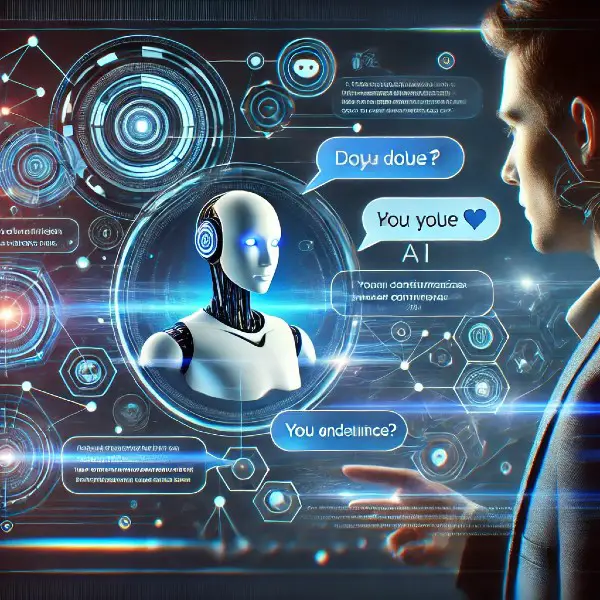AI Horizon The integration of artificial intelligence (AI) into healthcare is not merely a technological evolution; it’s a profound shift that promises to redefine the way we approach health and well-being. As AI continues to advance, its applications in healthcare grow, offering solutions that range from early diagnosis to personalized treatment plans. However, alongside these advancements lies the critical need to address the ethical considerations that come with such powerful tools.
AI in healthcare is revolutionizing patient care through predictive analytics, robotics, and natural language processing (NLP). These technologies allow for more accurate diagnoses, quicker treatment times, and better patient outcomes. For instance, AI algorithms can analyze vast amounts of medical data far more quickly than humans, identifying patterns that might indicate the early stages of diseases like cancer or heart disease. This predictive capability is one of AI’s most promising contributions to healthcare.
AI Horizon Ethical Implications in Healthcare
Despite these advancements, the ethical implications of AI in healthcare cannot be ignored. The use of AI raises questions about patient privacy, data security, and the potential for bias in decision-making processes. For example, if AI systems are trained on data that is not representative of diverse populations, there is a risk that these systems could perpetuate existing health disparities. Moreover, the reliance on AI for critical health decisions requires transparency in how these systems operate and make decisions, ensuring that healthcare professionals and patients alike can trust the outcomes.
As we look toward the future, it is clear that AI will play an increasingly central role in healthcare. However, this future must be shaped by a commitment to ethical principles that prioritize patient welfare and fairness. Visionary leadership is needed to guide the integration of AI into healthcare in ways that enhance, rather than undermine, the human elements of care.
In conclusion, while AI presents significant opportunities for improving healthcare, it also challenges us to consider how we balance innovation with ethical responsibility. The future of AI in healthcare will depend not only on technological advancements but also on our ability to navigate the complex ethical landscape that comes with it.
Reference
- AI Horizon in Healthcare: The integration of AI in healthcare has reached a pivotal point, where its potential to revolutionize patient care is both exciting and daunting. According to Harvard Business Review, the AI horizon in healthcare is defined by innovations that can enhance diagnostic accuracy, streamline clinical workflows, and improve patient outcomes. However, these advancements also come with challenges related to data privacy, ethical considerations, and the need for rigorous validation of AI tools. As AI continues to evolve, healthcare systems must balance the benefits with the inherent risks.
- AI Horizon and Ethical Implications: As AI technology advances, it’s critical to address the ethical implications that arise at the AI horizon. A report by The Brookings Institution highlights the importance of transparency, accountability, and fairness in AI systems, particularly in public sectors such as healthcare. The report discusses how AI’s potential to improve efficiency and decision-making must be tempered with strong ethical guidelines to prevent biases and ensure equitable access to AI-driven innovations.
- AI Horizon and Future Opportunities: The AI horizon is not only about the current state of technology but also about the future possibilities it presents across various industries. McKinsey & Company explores how AI is poised to unlock new opportunities, from enhancing customer experiences to driving operational efficiencies. As industries navigate the AI horizon, they must remain agile and adaptable, embracing the technology while addressing the challenges it poses, such as workforce displacement and the need for reskilling.









